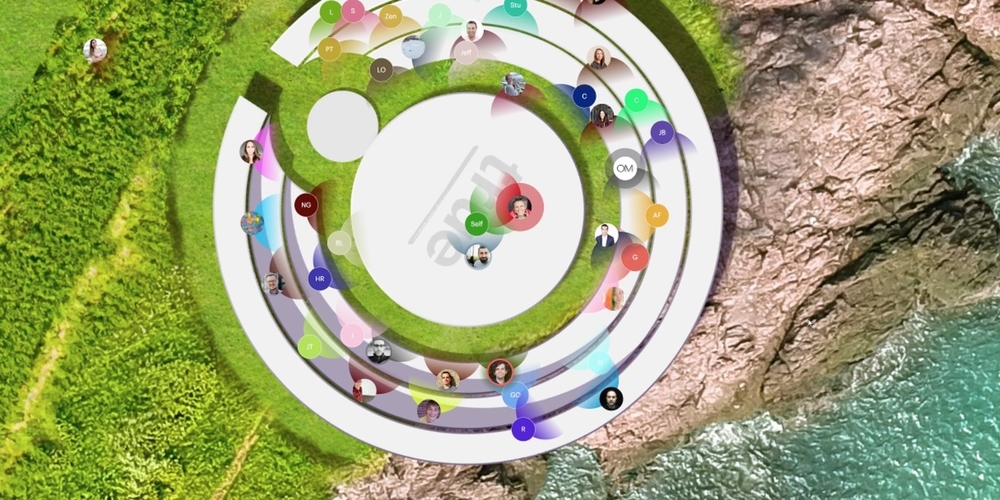Online Audio Spaces Update: New Features for Virtual Event Organizers
It’s been about 8 weeks since we launched High Fidelity’s new audio spaces in beta. We really appreciate all the support, particularly if you have ...
“The Metaverse is a collective virtual shared space, created by the convergence of virtually enhanced physical reality and physically persistent virtual space, including the sum of all virtual worlds,augmented reality, and the internet.” — Wikipedia
The Quick Answer: If all the desktop computers with broadband access in the world today were linked together to create a single Virtual World, that place would be already be the size of earth, able to provide concurrent access to every living internet user, and doubling in size every two years. What we need to realize this goal is the software to create the network (that’s what we are working on), and lots of HMD’s to create easy immersive access.
The Longer Explanation:
First, how many PC’s: Gartner estimates PC sales of about 400M units per year, 2011–2014. Of these modern/fast machines, let us conservatively assume that 30% are in use and connected to broadband internet connections, for a total of about 500 Million devices. Of course there are many additional tablet and mobile devices that are connected to power and Wifi/broadband (often at night) but for this analysis we will consider only the PCs.
Available bandwidth: A number of different surveys of broadband internet speeds like this one suggest an average global download speed of 20–30Mbps and an upload speed of about 10Mbps. The upload speed is the most important one, since this analysis assumes that we are using these PC’s both as clients and servers of the virtual space.
There are about 3 Billion internet users. This means that each of these PC’s would need to provide streaming data for about 6 people at once. At that 10Mbps uplink speed, this would let each connected user receive about 1.5Mbps of data from the virtual world — more than enough to provide a deeply immersive experience — about the same amount of streaming data as watching an HD movie.
So what about the size of the space we’d all be together inside? The earth covers 197 million square miles, of which 70% is water, leaving 60 million of land. With 500 million PC’s to handle that space, that means each one would need to be responsible for about 1/10th of a square mile. To put it in better perspective, 1/10 of a square mile is about 64 acres, or about 10 city blocks. If you’ve played and explored a modern open-world 3D video game, you know how much area can be covered at a very high level of detail. Even though a virtual world has somewhat higher detail and storage requirements than a video game, what this demonstrates is that each PC would be called on to store and serve and simulate a much smaller area than a typical video game. So, for example, we would easily have enough capacity to cover this entire surface area of earth with a single unimaginably large city, or conversely the open forests we could explore could be detailed down to the bugs and individual blades of grass.
So, just like earth, this Metaverse would be already be so vast that we could not begin to hope to explore it all. Even with the power of teleportation (as compared to plane flight), you couldn’t even come close to seeing it all in a lifetime: if you lived to be 80 years old, you’d get less than one second to examine each of those city blocks. And, unlike earth, our Metaverse is expanding: both internet bandwidth per user and device compute speed are conservatively doubling every two years (yes, bandwidth grows more slowly but only a little bit more). Meaning that 20 years from now, the Metaverse will be 1000 times the size of earth. So the fictional Oasis from Ready Player One, with thousands of detailed virtual planets floating in digital space, is something we can actually build — right now.
Related Article:

by Ashleigh Harris
Chief Marketing Officer
It’s been about 8 weeks since we launched High Fidelity’s new audio spaces in beta. We really appreciate all the support, particularly if you have ...
Subscribe now to be first to know what we're working on next.
By subscribing, you agree to the High Fidelity Terms of Service